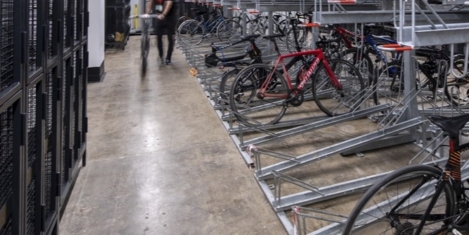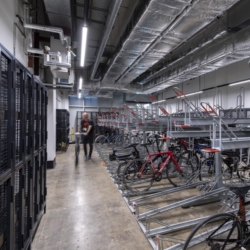August 3, 2018
Financial centres in UK cities outside London are set to suffer most from Brexit
Although news reports about the impact of Brexit on the UK’s financial services sector have focused almost exclusively on London, a new report from the Centre for Cities claims that the decision to leave the EU will have a disproportionately larger impact on the centres in the UK’s other major cities, which employ two thirds of all people in the sector. The report explores the financial and professional services sectors in cities across the UK, and looks at what the relationships are with London-based firms in these industries. The report by the think tank supported by the City of London Corporation London: The geography of financial services in the capital and beyond looks at how much individual cities across the UK export in services, and what proportion of these services exports came from the financial sector.






 It can be proven that a well implemented Occupational Health service can offer a good return on investment, finds a new report. A white paper, produced by the Society of Occupational Medicine (SOM), the International SOS Foundation and KU Leuven University,
It can be proven that a well implemented Occupational Health service can offer a good return on investment, finds a new report. A white paper, produced by the Society of Occupational Medicine (SOM), the International SOS Foundation and KU Leuven University, 
 Financial services organisations are reducing the amount of commercial office space they require as they adopt more flexible work styles. This is according to a new report from HOK’s US team,
Financial services organisations are reducing the amount of commercial office space they require as they adopt more flexible work styles. This is according to a new report from HOK’s US team, 


























